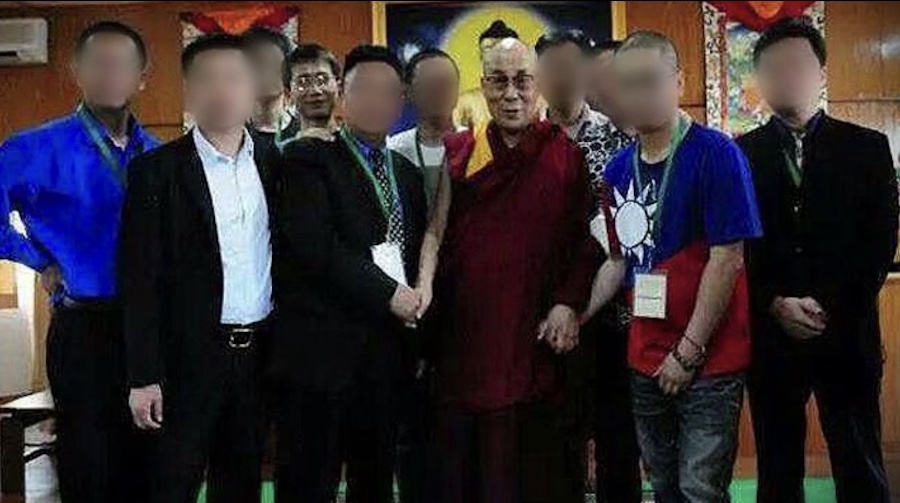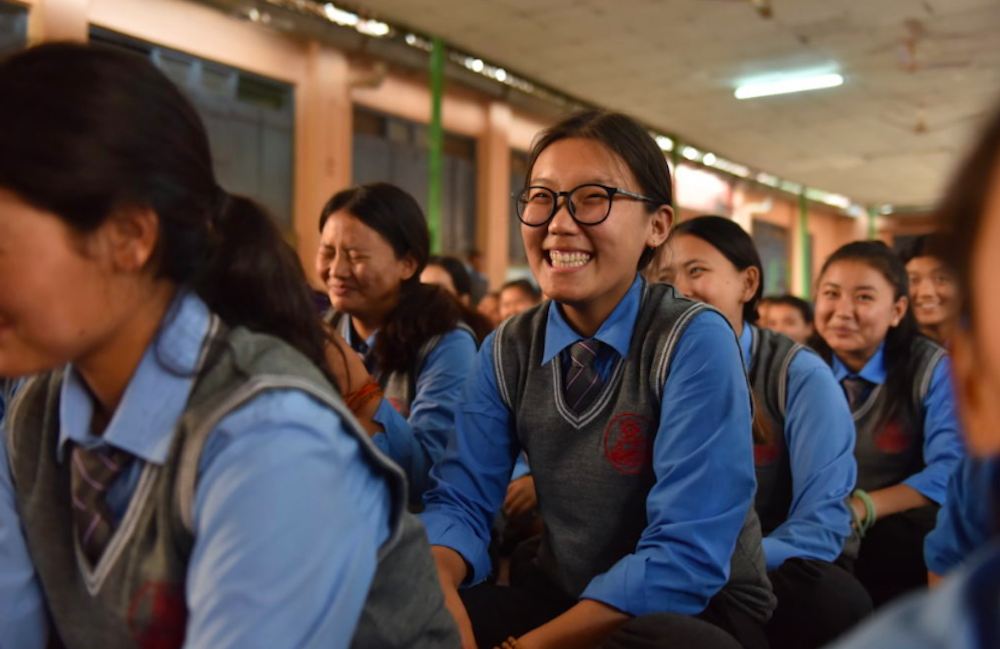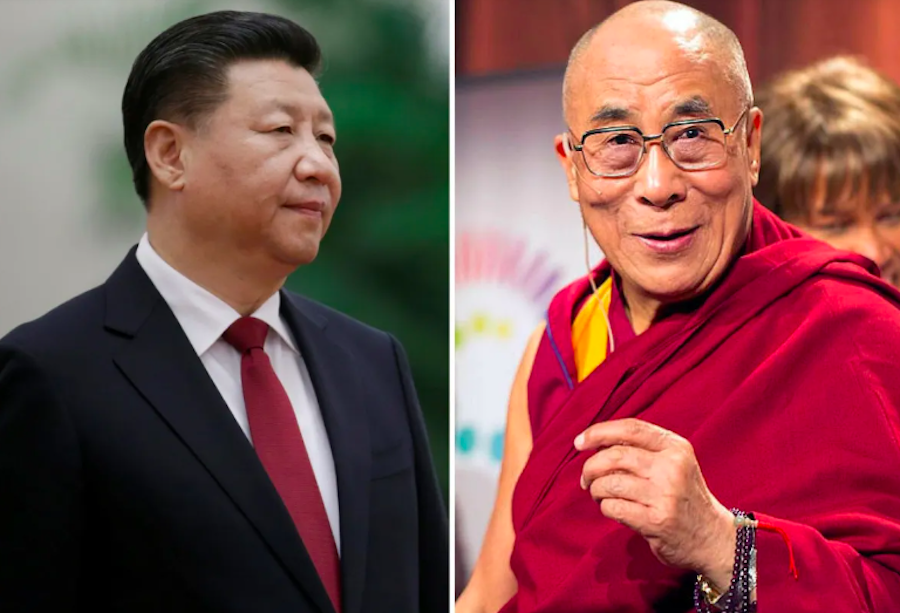By ANAND S T DAS
Chandigarh, May 2 – ASTUTE politician and avowed Buddhist and Gandhian, Prime Minister of the Tibetan government-in-exile Dr Samdhong Rinpoche, believes China’s Communist rulers are not so much an enemy, as the rest of the world and, perhaps, the majority of Tibetans believe they are.
Rinpoche believes the Chinese-funded Tibet Railway, whose test runs are scheduled to begin in July, would bring tremendous negative influences on Tibetan culture and its fragile ecosystem, but he is not opposed to it as the maroon-clad leader said it would open up huge possibilities for growth of trade in Tibet.
Speaking to journalists after a seminar on Gandhian thought here today, Rinpoche insisted that Tibet’s long-desired autonomy would ensure the withdrawal of the overwhelming Chinese population in Tibet — now three times the native Tibetans — to mainland China, but he said he has no plans to include the issue in the ongoing negotiations now.
‘‘This readjustment has to happen, but we are following the middle path now for the past 27 years and we would continue with it. The railways would be great for Tibetan trade, but we fear that it can be misused,’’ he said.
Despite his concerns about the possible harm to Tibetan culture due to the railway line, Rinpoche said Tibetan culture is ‘‘too deep-rooted in Tibet and well preserved in the Tibetan diaspora’’ to be unsettled. ‘‘Negotiations with China are going on well now. The Tibet issue can be better resolved with India’s interference. India is now in a position to interfere,’’ said the leader, who asked US-based Tibetans not to protest during Chinese President Hu Jinato’s recent tour of the US. ‘‘The protests would have derailed the Tibet-China negotiations,’’ he said.
When asked if the proposed autonomy would not create a troubled relationship like the one existing between mainland India and the state of J&K, the Dharmsala-based Rinpoche said: ‘‘There is no alternative to it now. But China is changing and there are very positive signs in its overtures towards Tibet. We expect major breakthroughs in near future.”
He dismissed a question about the need for IT education for Tibetan people, saying Buddhism and Gandhianism would be the driving forces in the 21st century.
Earlier in the discourses on Gandhi’s ‘Hind Swaraj’ at Lala Lajpat Rai Bhawan here, he attacked globalisation and privatisation and urged the youth to examine and espouse the ideas in Gandhi’s ‘Hind Swaraj’.
The discussions were attended, among others, by Servants of People Society chairman Omkar Chand, PU English reader Dr Sudhir Kumar, former Sarv Seva Sangh president Yash Pal Mittal and Prof Jaynarain Sharma of PU’s Gandhian Studies.









